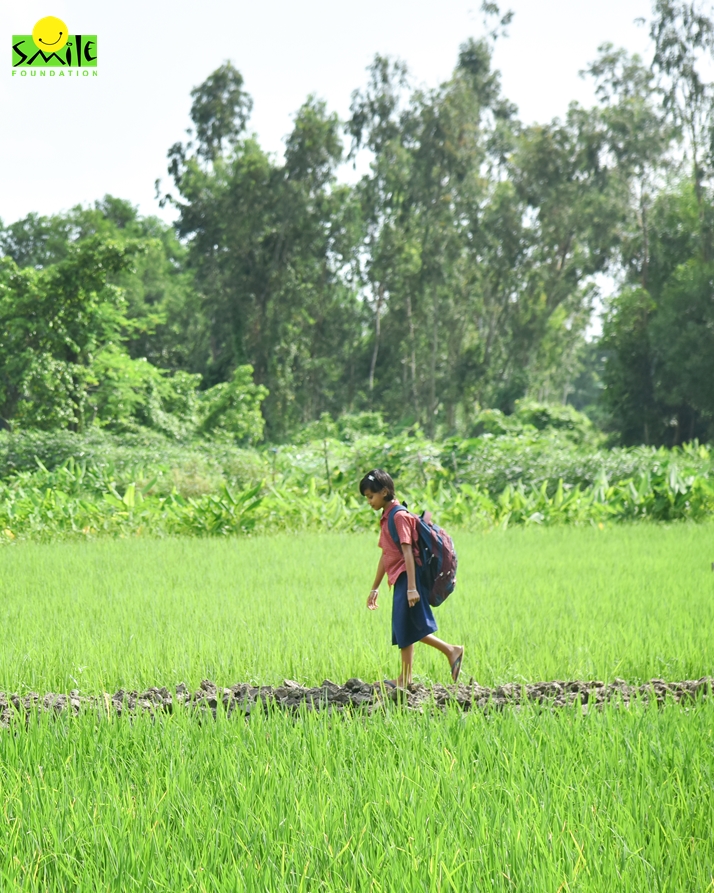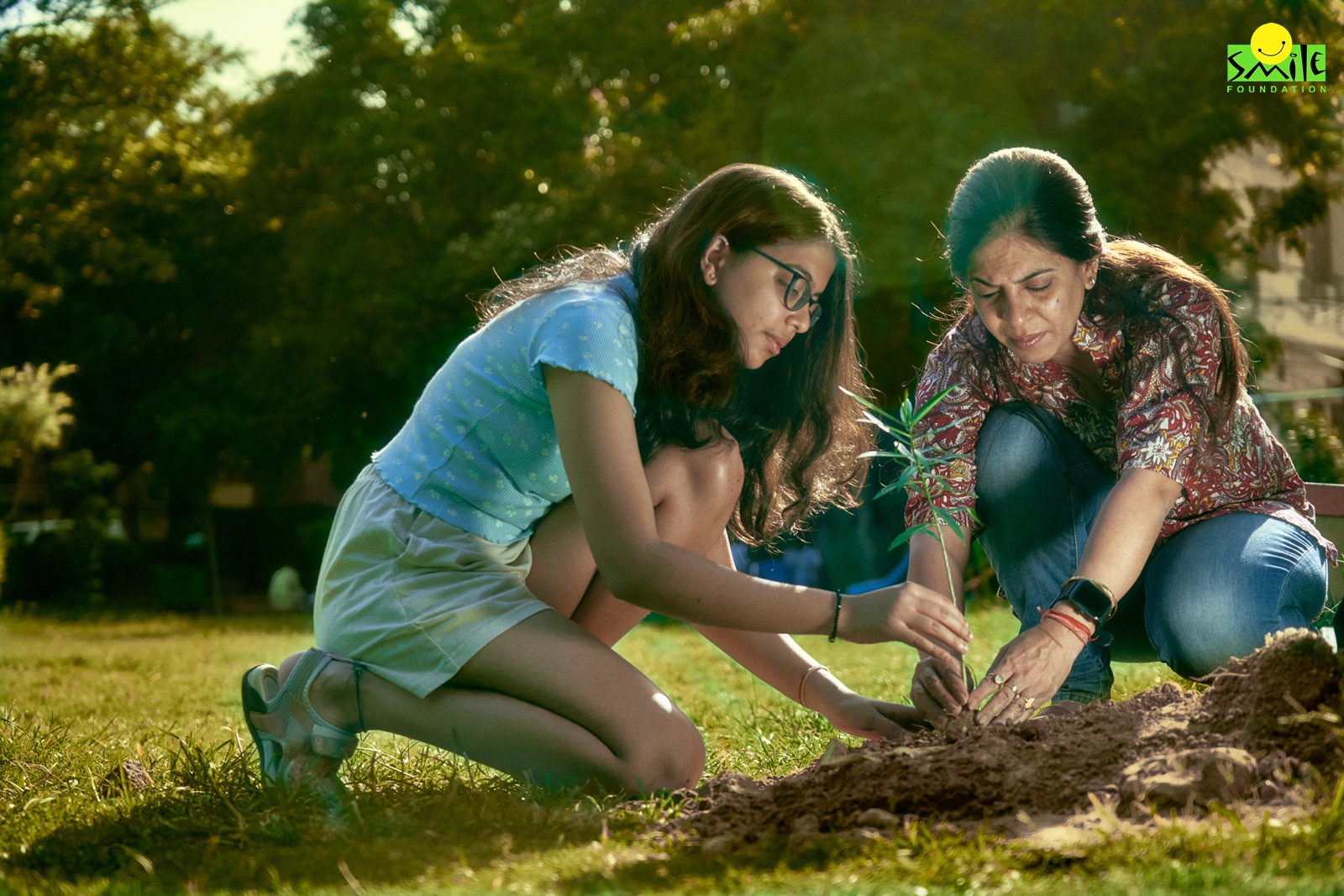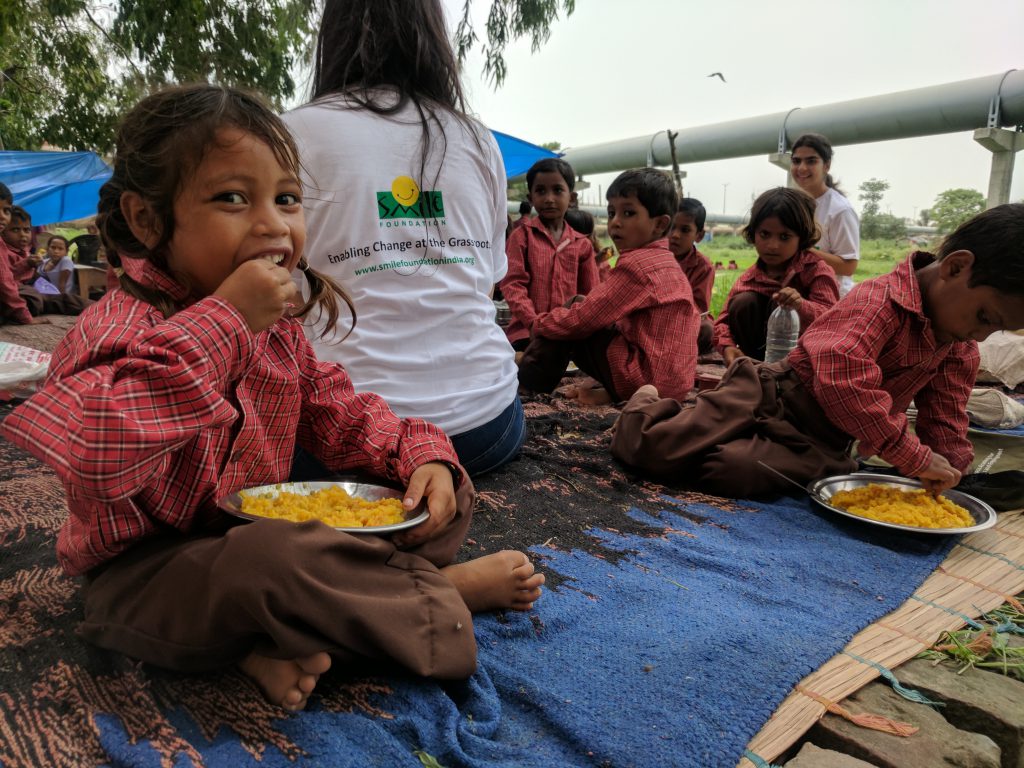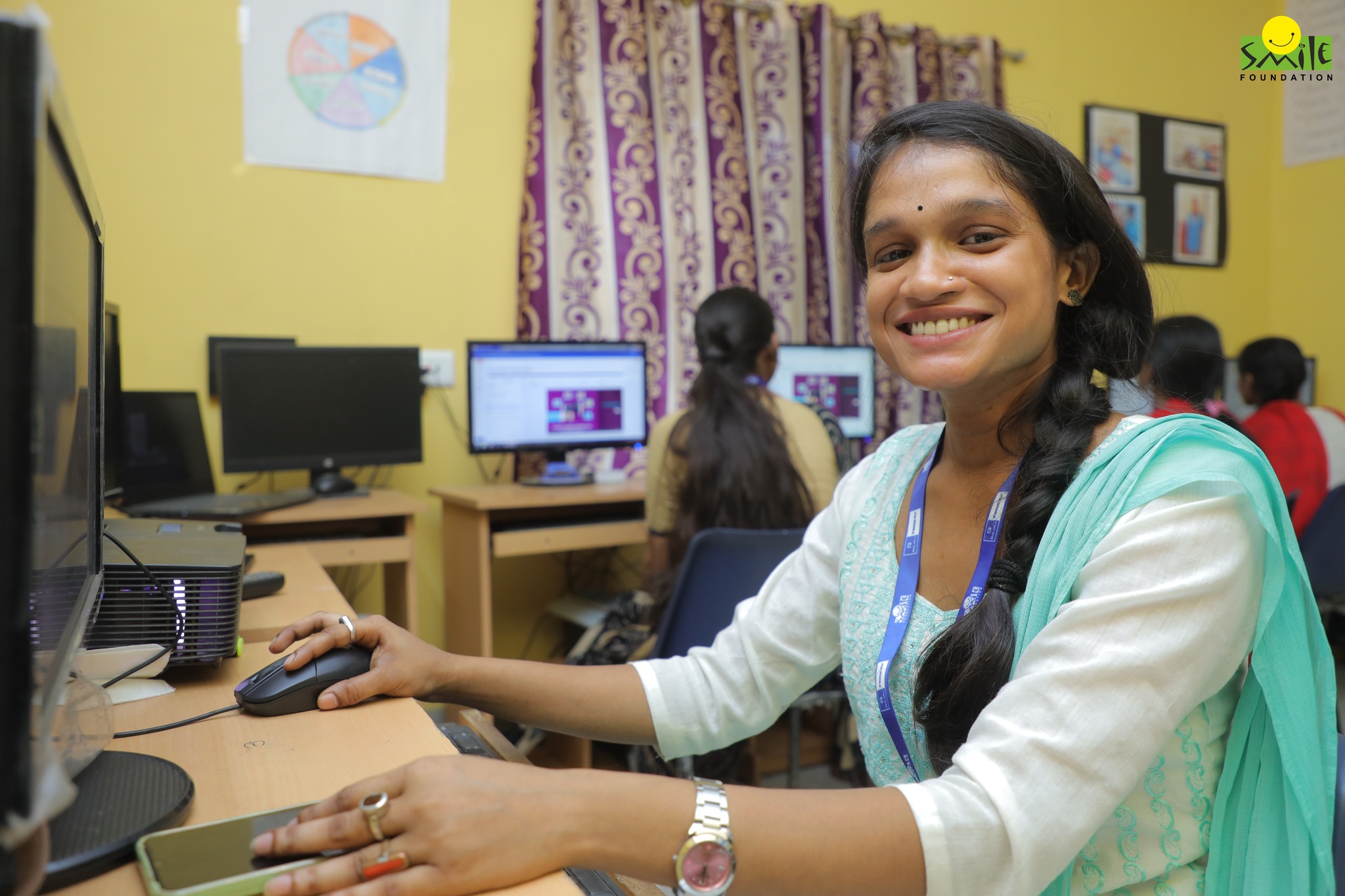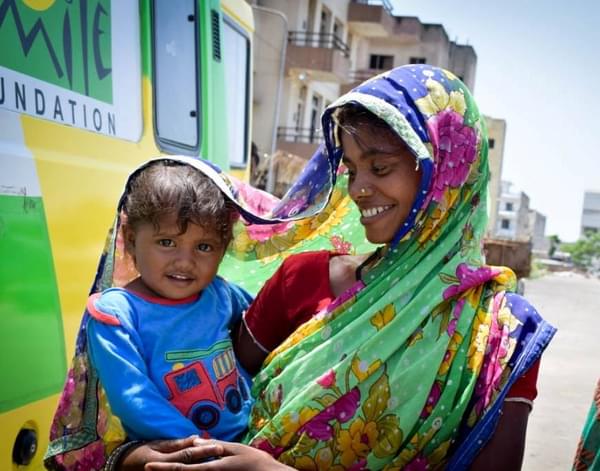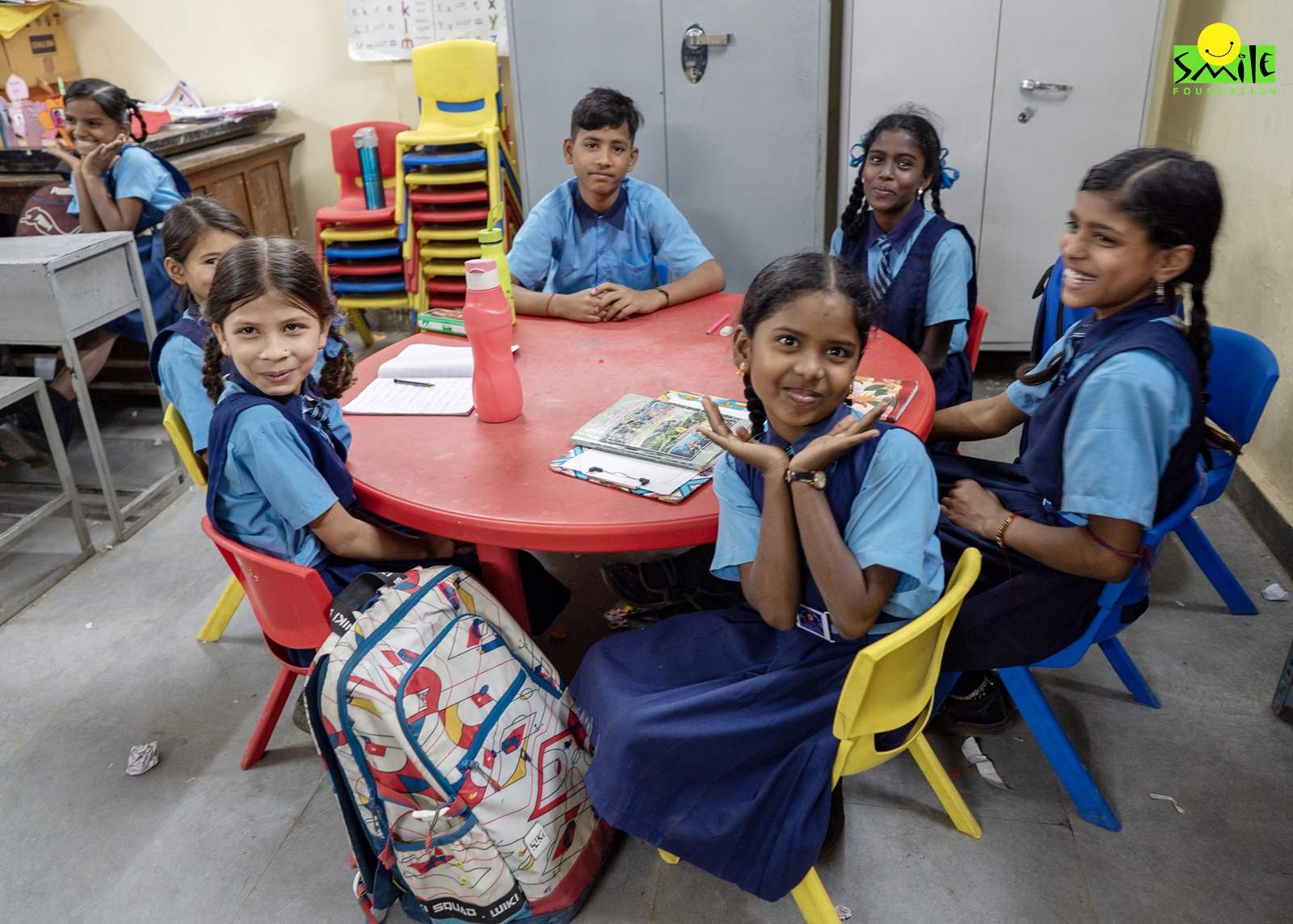‘Khoob Ladi Mardani Woh To Jhansi Wali Rani Thi’
(The queen of Jhansi, Rani Lakshmibai fought like a male)
This line is presumably meant to underscore how brave the queen of Jhansi was but ends up equating true bravery with masculine traits. For the uninitiated, Queen Laxmibai was one of the leading warriors in India’s First War of Independence against British occupancy which was fought in 1857.
To put it more accurately, Laxmibai fought like a woman, a strong one who did everything in her power to defend the nation against the British rulers. Using words that don’t take away her feminine energy would have done more justice to her cause and the cause of women in general.
Gender stereotypes persist as a significant challenge across the globe, affecting the aspirations and potential of countless individuals. In rural India, these stereotypes are deeply embedded in the cultural fabric, often limiting the opportunities available to girls and perpetuating inequality. Breaking down these barriers in rural classrooms requires a thoughtful and concerted effort to create an environment that empowers all students, regardless of their gender.
Understanding Gender Stereotypes in Rural India
Gender roles in rural India tend to be more traditional, with expectations that reinforce traditional notions of masculinity and femininity. Girls are often expected to excel in domestic chores, while boys are encouraged to pursue education and careers. However, these stereotypes are not only limiting but also detrimental to society as a whole. Overcoming them is essential for the holistic development of rural communities.
Culturally Sensitive Curriculum
Start by revisiting the curriculum and learning materials to ensure they are culturally sensitive and free from gender biases. Incorporate stories, examples, and case studies that celebrate the achievements of both genders, showcasing that talents and aspirations know no bounds.
Community Involvement
Engage with the local community to challenge gender stereotypes. Host workshops, discussions, and awareness campaigns that involve parents, elders, and community leaders. This collaborative effort can create a powerful platform for change and encourage community members to reevaluate their beliefs.
Empower Female Role Models
Identify and celebrate local women who have broken gender norms and achieved success in various fields. Invite them to share their stories with students, demonstrating that with determination, they can pursue their dreams beyond traditional roles.
Early Education and Awareness
Educate young students about gender equality from an early age. Incorporate age-appropriate activities and discussions that challenge stereotypes and promote respect for all genders. Encourage students to question and explore their own perceptions.
Promote Female Leadership
Provide opportunities for girls to take on leadership roles within the classroom and school. This fosters confidence, self-esteem, and the belief that their voices matter. Empowered girls can become role models for their peers and younger generations.
Interactive Learning
Encourage interactive learning experiences that challenge gender norms. For example, incorporate hands-on activities that defy stereotypes, such as having boys participate in cooking and girls engage in science experiments.
Inclusive Sports and Activities
Promote gender-inclusive sports and extracurricular activities. Encourage both boys and girls to participate in activities that interest them, breaking down barriers that have traditionally limited certain activities to a specific gender.
Parental Engagement
Work closely with parents to change their perceptions about the roles and abilities of their children. Organize workshops where parents can discuss the importance of equal opportunities and the benefits of holistic education for all.
Teacher Sensitivity Training
Provide teachers with training to address their unconscious biases and promote gender equality. Encourage them to foster an environment where all students feel safe to express themselves and pursue their interests.
Celebrate Diversity
Rural India is diverse in terms of culture, language, and traditions. Celebrate this diversity in the classroom, emphasizing that there is no one “right” way to be a girl or a boy. This can foster a sense of acceptance and openness among students.
Conclusion
Challenging gender stereotypes in rural Indian classrooms is a transformative journey that requires dedication, collaboration, and perseverance. By fostering an environment that celebrates equality and respects individual choices, educators can empower students to rise above societal limitations and realize their full potential.
As rural India continues to evolve, breaking down these barriers will not only create a more inclusive educational system but also contribute to the overall development of communities and the nation as a whole. Remember, the seeds of change sown in rural classrooms today will shape a brighter, more equal tomorrow.
Smile Foundation‘s She Can Fly campaign is specially tailored to serve the needs of girl children and has been successful in bringing sustainable changes in their lives by means of quality education, scholarships and livelihood opportunities. You too can change the lives of our underserved girl children by making a small donation here.



